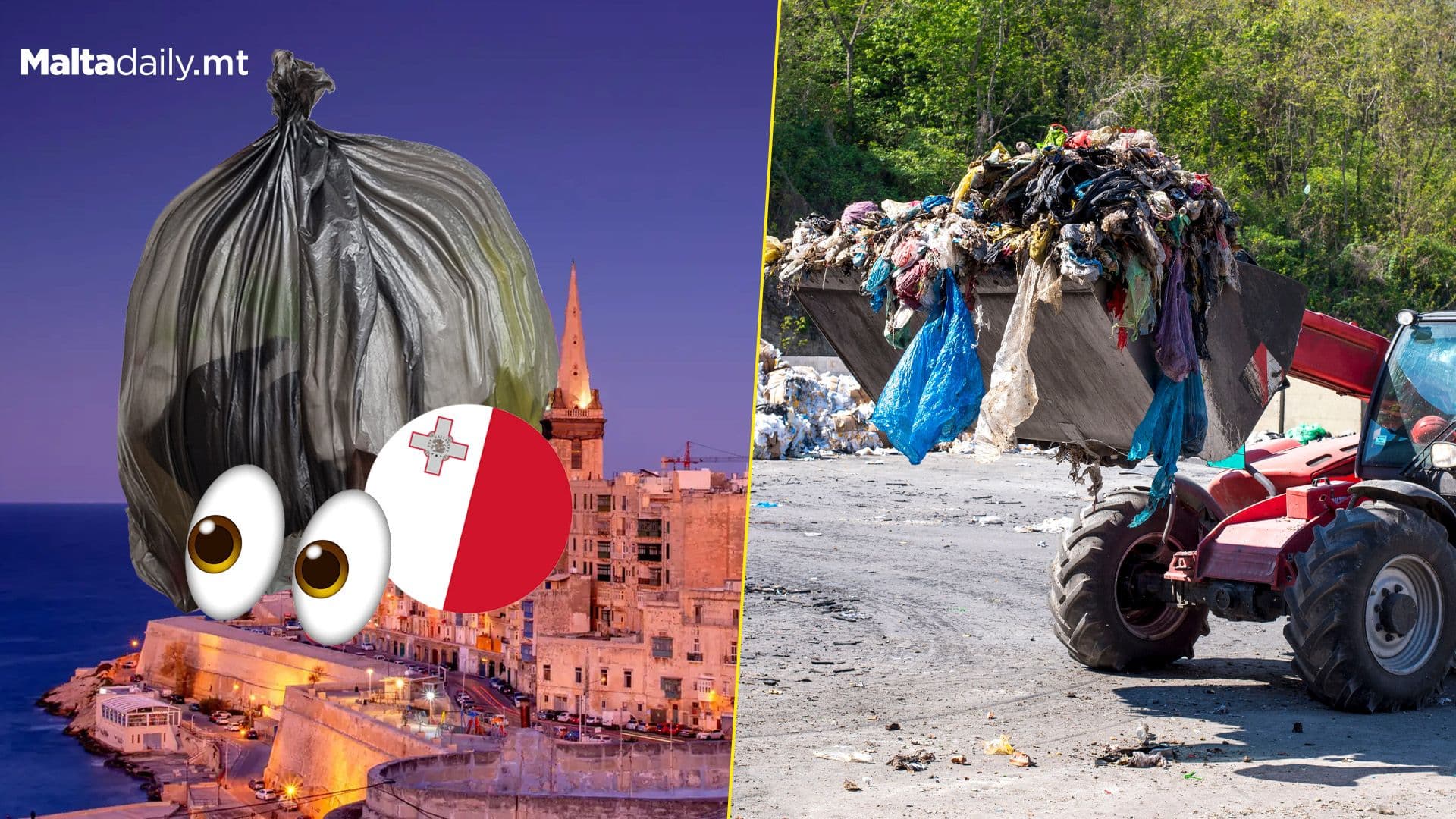Over 334,000 Tonnes Of Municipal Waste Generated In 2023

In 2023, municipal waste generation in Malta rose by 2.0% compared to 2022, totalling 334,911 tonnes.
Key increases were observed in bio-waste from kitchens and canteens (7,881 tonnes), glass (5,526 tonnes), and paper/cardboard (4,947 tonnes). Meanwhile, mixed municipal waste (-15,781 tonnes) and bulky waste (-8,248 tonnes) saw notable declines.
Separate waste collection rose to 34.7% of total municipal waste, up from 27.9% in 2022.
Per capita waste generation dropped to 606 kg, a 2.0% decrease. Factoring in the net tourist equivalent population, the figure further reduced to 565 kg, marking a 2.8% decline.
Total treated municipal waste decreased by 1.5%, reaching 313,873 tonnes. Of this, 78.7% was landfilled, down from 85.8% in 2022. Landfilled waste reduced by 26,298 tonnes, with significant drops in mechanical treatment rejects and bulky waste.
However, landfilling increased for garden bio-waste (+3,884 tonnes).
Recycling saw significant growth, up 40.1% to 56,402 tonnes. Paper and cardboard dominated, accounting for nearly half of recycled waste.
Sharp increases were recorded for metals (165.1%), plastic (146.2%), and glass (66.0%). Energy recovery treatment also surged by 121.4%, reaching 9,074 tonnes, while preparation for re-use rose 26.3%, totalling 1,303 tonnes.
#MaltaDaily
Source: NSO


